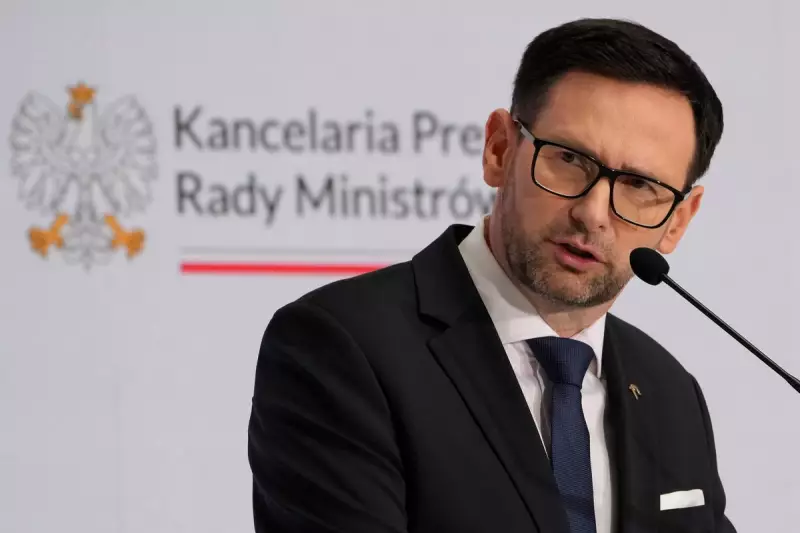
In a stirring address that resonated through the halls of the European Parliament, Polish Prime Minister Donald Tusk declared the dawn of a "new era" for his nation, positioning himself as the architect of Poland's democratic renaissance.
A Return to European Values
The former European Council president delivered an emotionally charged speech that served as both a political manifesto and a direct challenge to the previous nationalist government. "Today, I can proudly say: democracy is back," Tusk proclaimed, drawing enthusiastic applause from MEPs in Strasbourg.
His words carried particular weight given Poland's recent political transformation. After eight years of rule by the conservative Law and Justice (PiS) party, Tusk's government represents a dramatic shift toward pro-European policies and democratic restoration.
Confronting the Past, Building the Future
Tusk didn't shy away from confronting the legacy of his predecessors, accusing them of undermining democratic institutions and isolating Poland from its European partners. "We are here to restore the rule of law, to restore the European and democratic identity of our homeland," he asserted with palpable conviction.
The Prime Minister's address highlighted several key priorities for his administration:
- Strengthening Poland's position within the European Union
- Rebuilding democratic institutions and judicial independence
- Addressing economic challenges while maintaining social stability
- Playing a leadership role in European security, particularly regarding Ukraine
European Unity in Challenging Times
Tusk's speech came at a critical moment for both Poland and the broader European community. With ongoing conflicts in Ukraine and significant political shifts across the continent, his message of unity and cooperation struck a chord with many European leaders.
"We must be strong, we must be united, and we must be determined," Tusk emphasized, positioning Poland as a key player in shaping Europe's future direction. His return to European politics marks a significant moment in the continent's ongoing political evolution.
The passionate reception to his address suggests that Tusk's vision for a renewed, Europe-focused Poland has found receptive ears among the continent's political establishment, setting the stage for what promises to be a transformative period in Polish-European relations.






